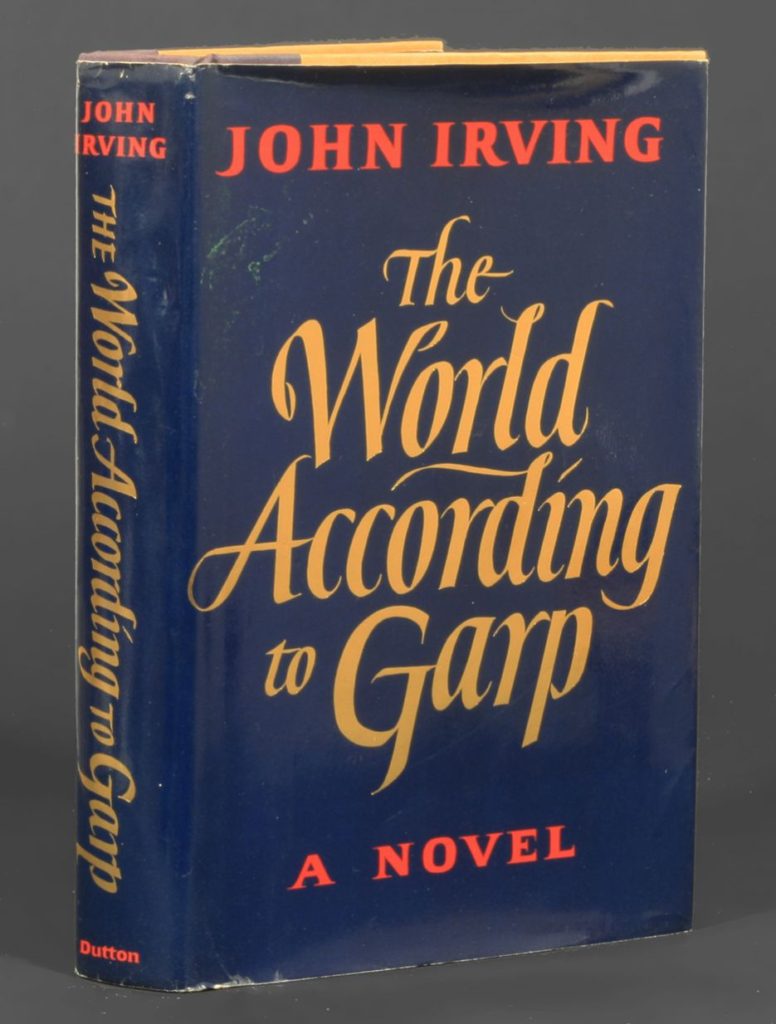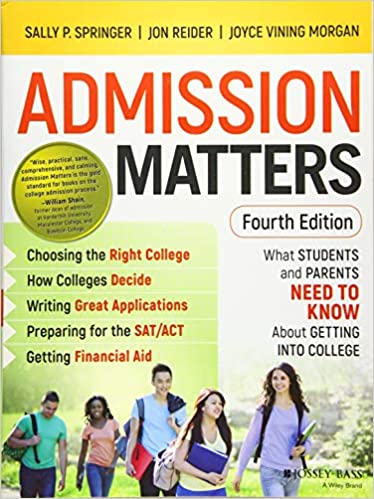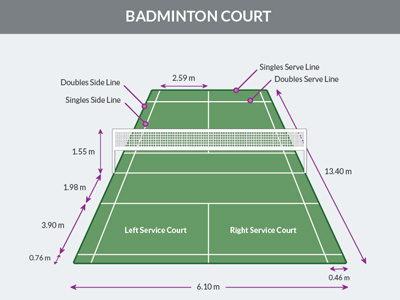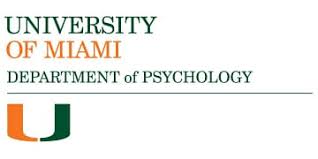John Irving’s character, Garp, defined gradual school as “where you go to school and you gradually find out you don’t want to go to school anymore.“ I, to the contrary, loved graduate school, would still be there if I could. The coursework, professors, and colleagues were invariably awesome. What could be better than articulate, compassionate folks with a shared purpose, learning about the cognitive, social, and emotional development of children? I remember any number of results, some intuitive, some I never would have come up with on my own, many I still think about forty years on.

That the therapeutic alliance is the best predictor of clients getting better is an outcome that resonates. Research confirms that psychologists who get their patients are more likely to help effect transformative positive change. Patients who feel understood, accepted, and valued unconditionally make more progress than those who feel judged, criticized, and admonished.
What about the role of independent counselors helping kids apply to college? College counselors are not therapists. We are certainly not psychoanalysts. While we can and do listen, we can’t pretend to be blank slates, to only reflect what we hear. College counselors also have to convey information. There are agenda items: essays topics need to be discussed, revised, and edited; recommendations must be requested of the right teachers and in the proper way; college lists should be considered thoughtfully. College counselors can’t be nearly as passive and patient as psychological counselors, if for no other reason than college counselors are on a schedule. Psychological insight takes its time to deal with family of origin, ongoing relationships–deep stuff. College applications have deadlines.
“But at my back I always hear, time’s winged chariot drawing near.” College counselors have to walk a fine line: we have to be sensitive to letting college seniors find their own way. But early admissions deadlines have no sense of humor. Can we allow high school seniors to make gross mistakes, to miss deadlines, to apply to colleges where they are unlikely to do well or be happy? Tough questions. We also have to be mindful of bringing “our stuff“ to the process of developing the college list and the ultimate decision of where to attend.

Some “rules“ are straightforward: do not graduate with more debt than you will earn in a year. Some conversations consider relative advantages. Flagship state university versus liberal arts college? Prevalence of ROTC, Greek life, LGBTQ, pre-professional programs, intramural sports, division i athletics, proximity to airports, college radio station, graduate school placement rates? Some decisions impress me as being unknown. I have written frequently about the absurdity of college rankings and about the harmfulness of defining “better” in silly ways. Here I’m talking about the opinions of counselors. We’re human. We certainly would prefer Olde Bricke University to North Cornstalk State College. But for whom? I loved studying developmental psychology in graduate school at the University of Miami. But would everyone?
Jon Reider, co-author of Admissions Matters: What Students and Parents Need to Know about Getting into College, is one of my most respected colleagues. Jon has helped generations of students over his storied career. Here is a lightly edited recent, passionate, opinionated email:

“Honestly, though, this [college whose name you would recognize] is a business masquerading as a college, dedicated to the reproduction of the white ruling class (78% of the student body in 2020, in [a state whose name you would recognize]) through eating steak with the right utensils. It is also dedicated to an obnoxious cult of personality. Financial aid — What’s that? True, [this college] is not destructive politically and anti-intellectual like [another college whose name you would also recognize], but I have a hard time taking it even a little seriously.”
I agree with Jon. His argument is cogent, persuasive, and accurate. Personally, I would never want to attend the college described. But might someone belong there? Should this school never appear on a list I help my students create? (Note that Jon’s strong opinion was shared in a communication with me. He would not speak so emphatically to a student any more than he would try to convince a budding engineer to throw away her calculator and study sociology.)
Is it my responsibility to discourage all my students from matriculating at schools that I perceive to be purveyors of binge-drinking, frat parties, date-rape, and anti-intellectualism? Surely an ethical counselor shouldn’t recommend only schools at which the counselor feels comfortable. Should I not recommend Catholic colleges if I am not Catholic? Should I not recommend liberal schools if I am not liberal? Should I not recommend schools that emphasize business-related majors if I prefer liberal arts? Should I not recommend schools that have strong badminton teams if I don’t care for badminton?

It’s a fine line and an important question, one to which neither Jon nor I profess to have all the answers. Where do I stop and where does my client begin? Can I truly and fundamentally know what is in the best interest of an 18-year-old? On the other hand, can an 18-year-old know what is in the long range best interest of said 18-year-old? I saw a dentist the other day. She wasn’t 18. I bet you, gentle reader, have someone who gives you financial advice. I suggest your financial advisor is not 18 years old either. “The child is father to the man” wrote Wordsworth. But not just yet, I would add. Eighteen-year-olds don’t yet have complete autonomy and perfect decision making ability.

Perhaps the answer was presented to me in graduate school all those years ago: focus on developing an alliance between myself and my students. Maybe the more the kids trust me, the better able they will be to find their own way, make the best decisions, feel good about their process. Surely as parents, our role is to model appropriate behavior for our beloved children. The same holds true for college counselors. We should help our students do appropriate research by directing them rather than telling them where they belong. We should be mindful and gentle with our advice. The more I consider this critical issue, the more I want to reenroll at the University of Miami graduate school. After 40 years of helping students choose and apply to college, I still have much to learn.



